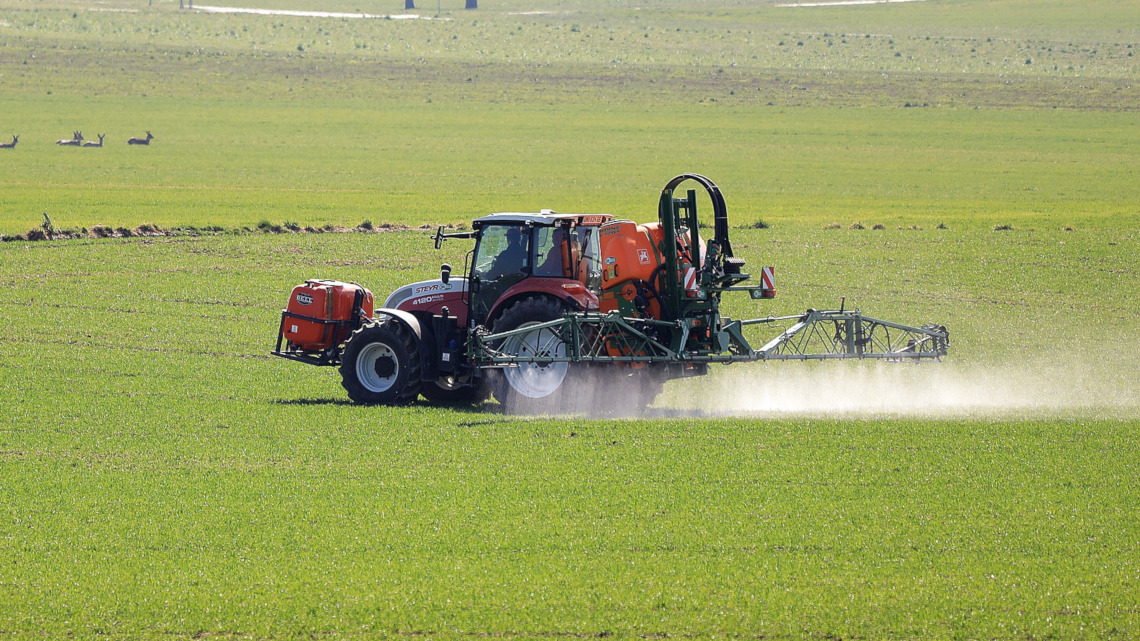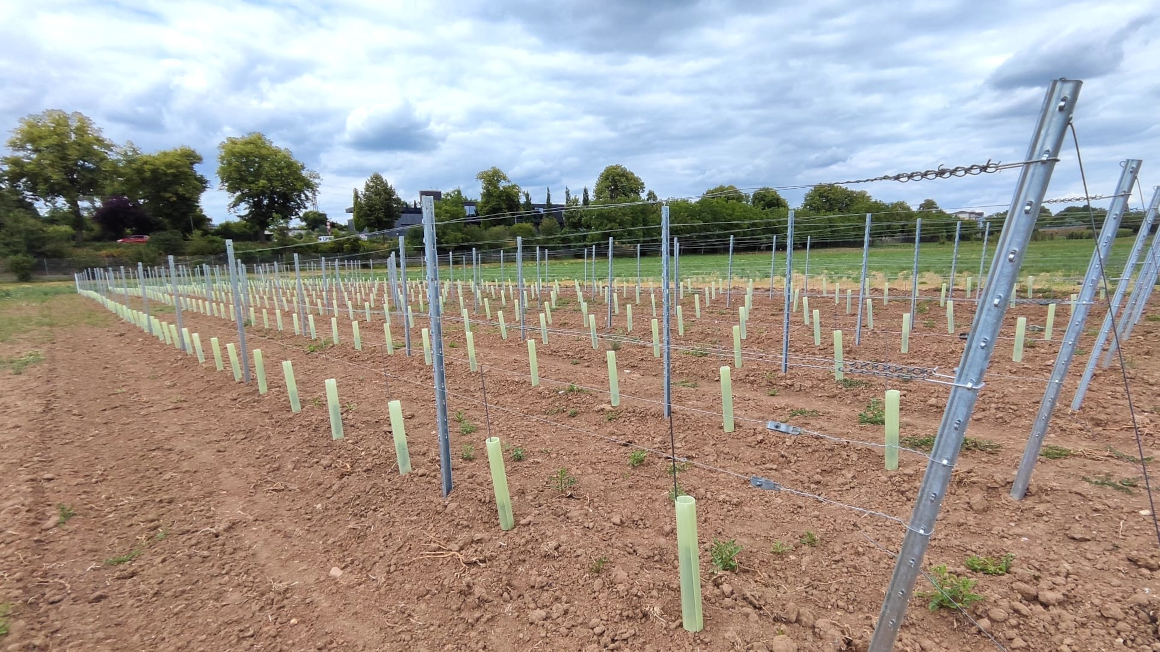Bacteria break down herbicides
Microbiologists from Braunschweig can for the first time prove which bacteria are involved in the decomposition of herbicides in so-called mini sewage treatment plants.

Whether cereal, fruit or vegetable cultivation: agriculture is dependent on pesticides in many places. They should secure yields and thereby the supply of food to the people. But the use of pesticides is controversial because they not only kill off pests, but also harm people and nature. Now researchers have identified bacteria that can break down the herbicide linuron.
Linuron is a selective herbicide that selectively controls weeds by inhibiting their photosynthesis. The pesticide active ingredient has been banned in the EU since 2018 because of its carcinogenic properties. In the USA and Canada, however, it is still used in agriculture. To prevent the toxins from reaching the groundwater, farmers there use mini sewage treatment plants. These so-called on-farm purification systems (BPS) filter the substances out of the wastewater on site - with the help of bacteria. How the purification system actually works was not clear until now.
Bacteria responsible for herbicide decomposition
The microbiologist Başak Öztürk from the Leibniz-Institute DSMZ - German Collection of Microorganisms and Cell Cultures GmbH in Braunschweig was able to clarify the mode of operation of the mini cleaning systems together with researchers from Belgium. They proved for the first time that bacteria of the genus Variovorax, Comamonadaceae and Ramlibacter are involved in herbicide decomposition. As the researchers report in the trade journal "Environmental Science & Technology", they were also able to identify Ramlibacter strains as actors in linuron decomposition in the mini wastewater treatment plant. "The unique feature of our study is that we were able to demonstrate a direct link between herbicide decomposition and the microorganisms responsible for it. In addition, our experiments show that in-situ microorganisms other than those previously known from laboratory tests are responsible for the decomposition of the pollutants," concludes Öztürk.
Mini sewage treatment plant for the farm
The Braunschweig researcher hopes that the minifilter system will soon be introduced on farms in Germany. "Even though we don't use linuron here in Germany, other herbicides are applied that can have a negative impact on the ecosystem," the microbiologist argues. "I hope that the explanation of how these on-farm purification systems work will also convince German farmers that it makes sense to purchase their own small wastewater treatment plant."


